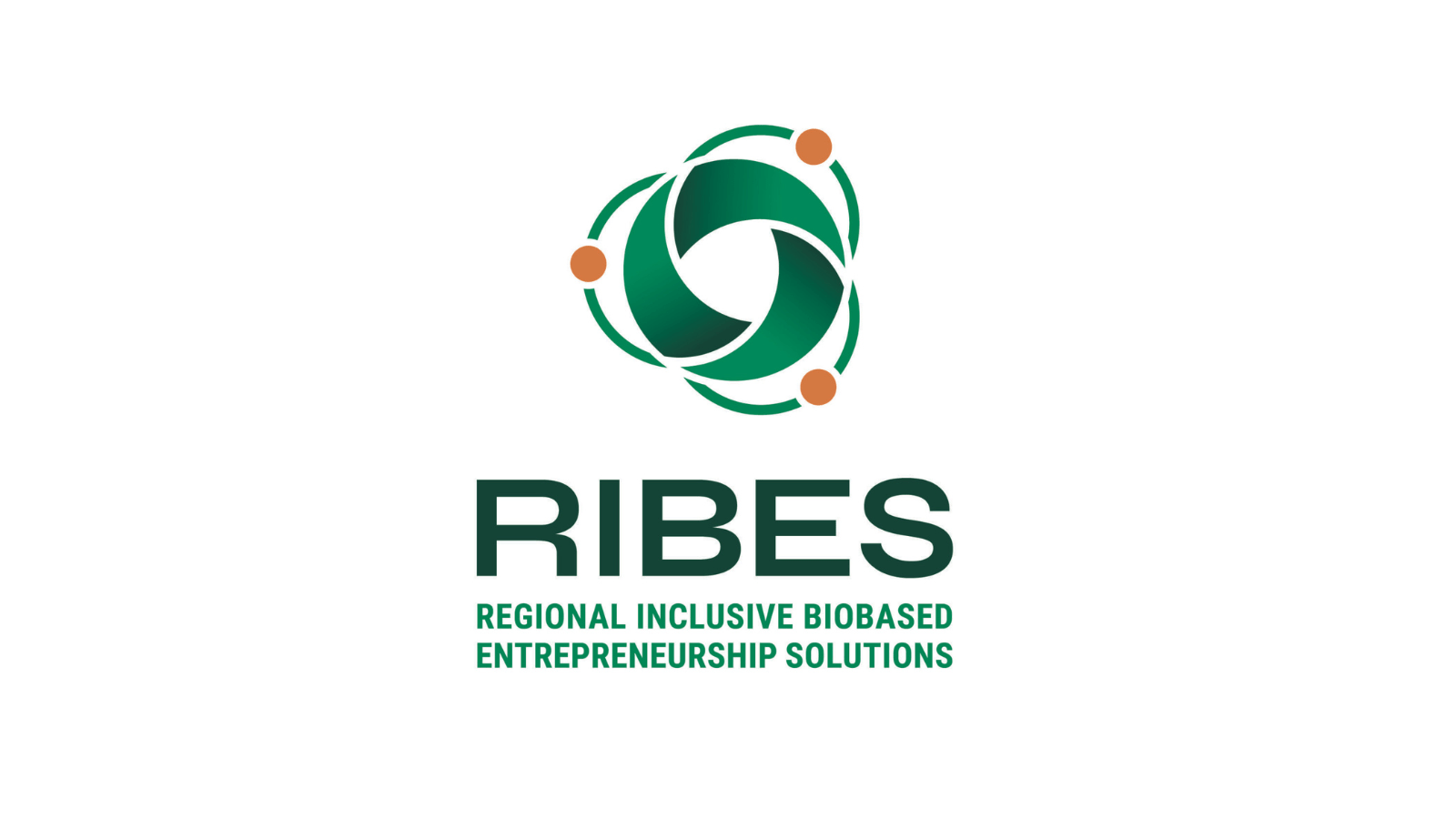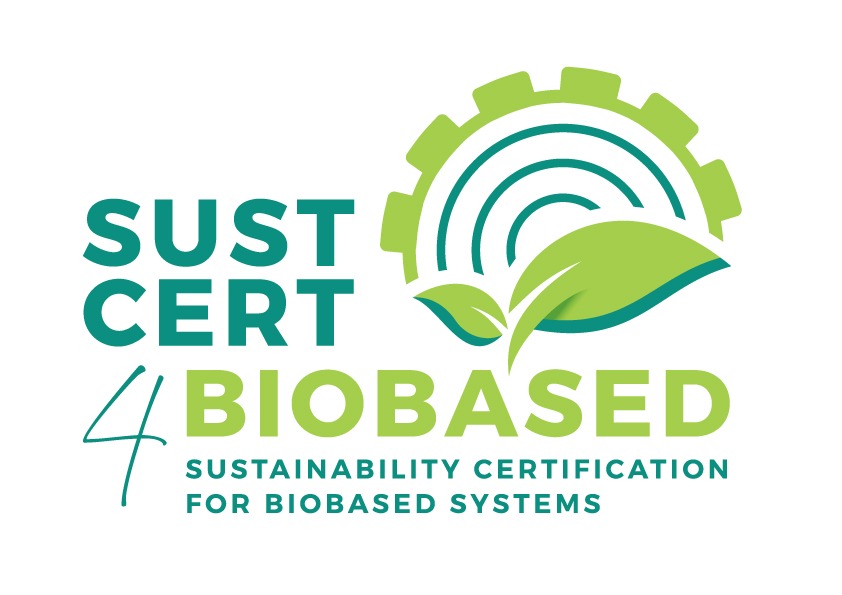Funding source
REA – Horizon Europe
Duration
January 2024 to December 2026
Project URL
https://www.harvrest.eu/
Project information
Thematic keywords
- Renewable energy sources
- Sustainable agricultural practices
- Social engagement
- Agro communities and Innovative business models
Methodological keywords
- Multi-actor engagement
- Co-creation and capacity building
- Desk Research
- Interviews
- CATI/CAWI survey
Competitive conflicts for land use between the energy and food sectors have appeared, which could be mitigated by the vertical integration of RES in farms through new circular business models. By this approach, farms will become climate neutral, optimizing their production and reducing their impact on natural resources and biodiversity, on top of providing energy services to communities and diversifying their economic income. However, there is a need to identify,
Understand and overcome major existing barriers perceived by agricultural communities. Thus, the main objective of HarvRESt is to improve the existing knowledge on alternatives for farm decarbonization, maximizing synergies between RES installations and sustainable agricultural practices. This will result in a decision support system able to provide ad-hoc recommendations to both farmers and policy makers that will enable the consecution of improved production rates on renewable energy, food & and feed within agro communities. The full approach of HarvRESt will be supported and executed at 4 use cases in Italy, Spain, Norway, and Denmark, representing different topologies of farms, a diversity of stakeholders and organizational structures, distinct geographical conditions, and a wide variety of RES technologies.
As Work Package 3 leaders, we will be responsible for the development of the HarvRESt multi-actor engagement strategy, the capacity-building program, and designing awareness-raising campaigns. We will also lead a key task (T2.2) where we will use combined research methods to understand the needs of farmers and the barriers that hinder the adoption of renewable energies in the agro context.










